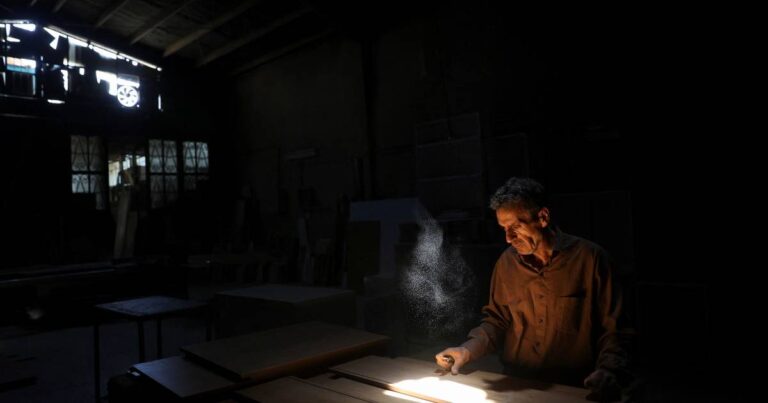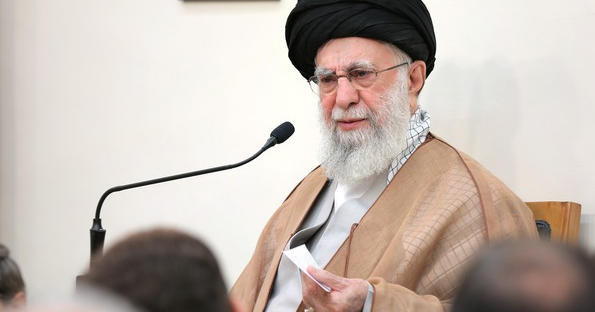Similar Posts
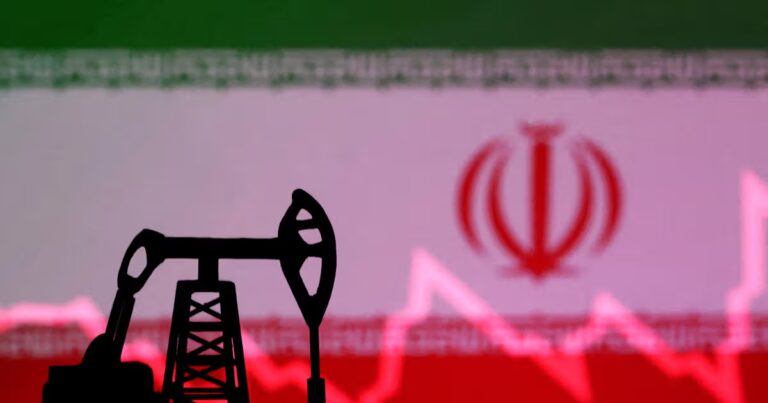
Ex-Banker Reveals Non-Oil Sanctions Impose $500 Annual Burden on Every Iranian
International sanctions have severely impacted the Iranian economy, costing each citizen around 530 million rials ($500) annually, particularly in the non-oil trade sector, according to former Central Bank Governor Mohammad Hossein Adeli. Traders incur a 10% to 20% markup on goods due to sanctions, often using shell companies to disguise import origins, inflating prices by nearly 30%. Iran’s foreign trade volume is about $150 billion for the 2023-2024 fiscal year, with sanctions-evasion costs potentially reaching $50 billion. Additionally, a projected $13.5 billion loss in oil export revenue further exacerbates the economic strain on families, highlighting the urgent need for reforms.

Massive Gold Heist: Thousands of Gold Bars Confiscated from Bank of England
The Bank of England has noted increased trader activity due to a significant gap between gold futures in New York and cash prices in London. Deputy Governor Dave Ramsden highlighted rising concerns about lengthy withdrawal times for bullion, now taking weeks instead of days. Traders are also worried about potential US tariffs amid ongoing trade tensions. Ursula von der Leyen, head of the European Commission, reaffirmed the EU’s commitment to countering unfair tariffs from the US, emphasizing the importance of US-EU trade valued at €1.5 trillion. The evolving dynamics in the gold market and trade relations will significantly influence financial strategies.
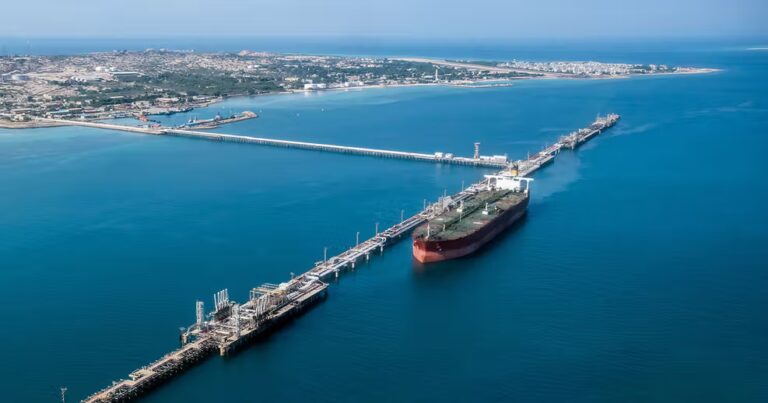
Oil Prices Plummet as Hopes Rise for US-Iran Nuclear Deal Breakthrough
On Thursday, oil prices fell sharply due to positive developments in US-Iran nuclear negotiations and an unexpected rise in US crude inventories, raising supply glut concerns. Brent crude futures dropped by 3.7% to $63.68 per barrel, while US West Texas Intermediate (WTI) fell by 3.3% to $61.05. President Trump’s remarks about serious negotiations with Iran suggested potential sanctions relief, which could allow Iranian oil back into the market. Additionally, rising US crude stocks heightened fears of oversupply. Market volatility underscores the impact of geopolitical and economic factors on oil prices, prompting cautious investor sentiment.
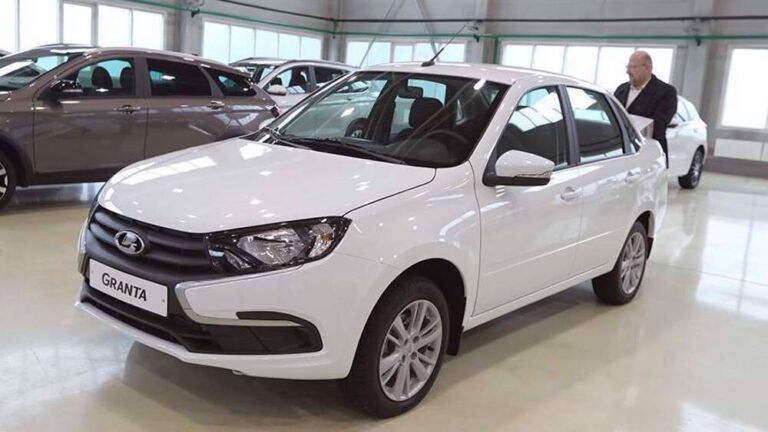
Top Russian Automaker Sets Sights on Localization Initiative in Iran
AvtoVAZ, the prominent Russian automotive manufacturer, is actively entering the Iranian market by launching assembly lines and dealerships, which CEO Maxim Sokolov believes will provide a competitive edge. The company aims to meet the growing demand for vehicles in Iran, particularly reintroducing popular Lada models. An Iranian partner has expressed interest in acquiring Lada’s entire product line, including the new Iskra model, touted as a leader in quality. Despite challenges from U.S. sanctions, AvtoVAZ plans to boost exports by 2025 and collaborate with Iranian automakers, positioning itself to revive its brand in Iran’s automotive landscape.
